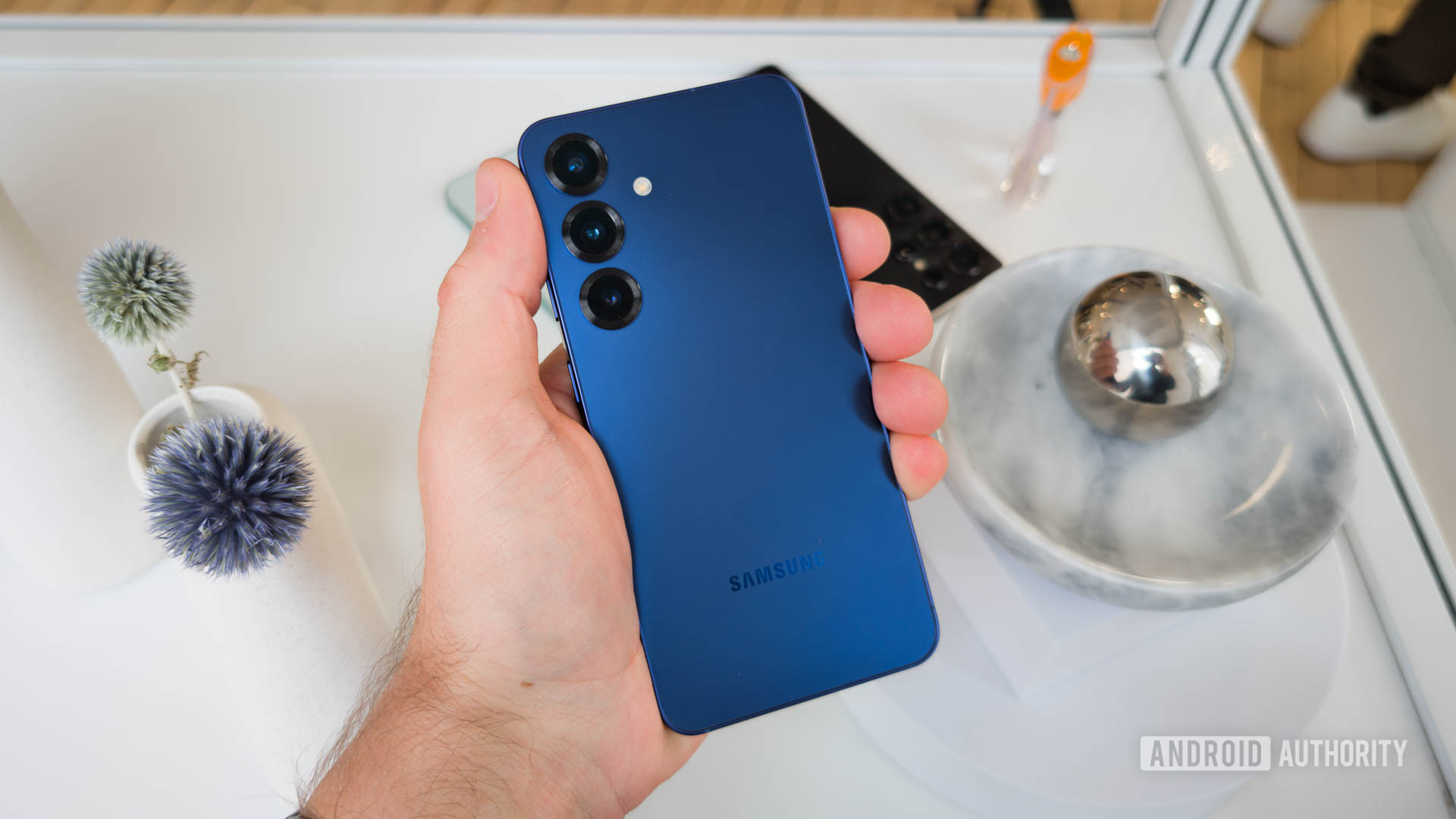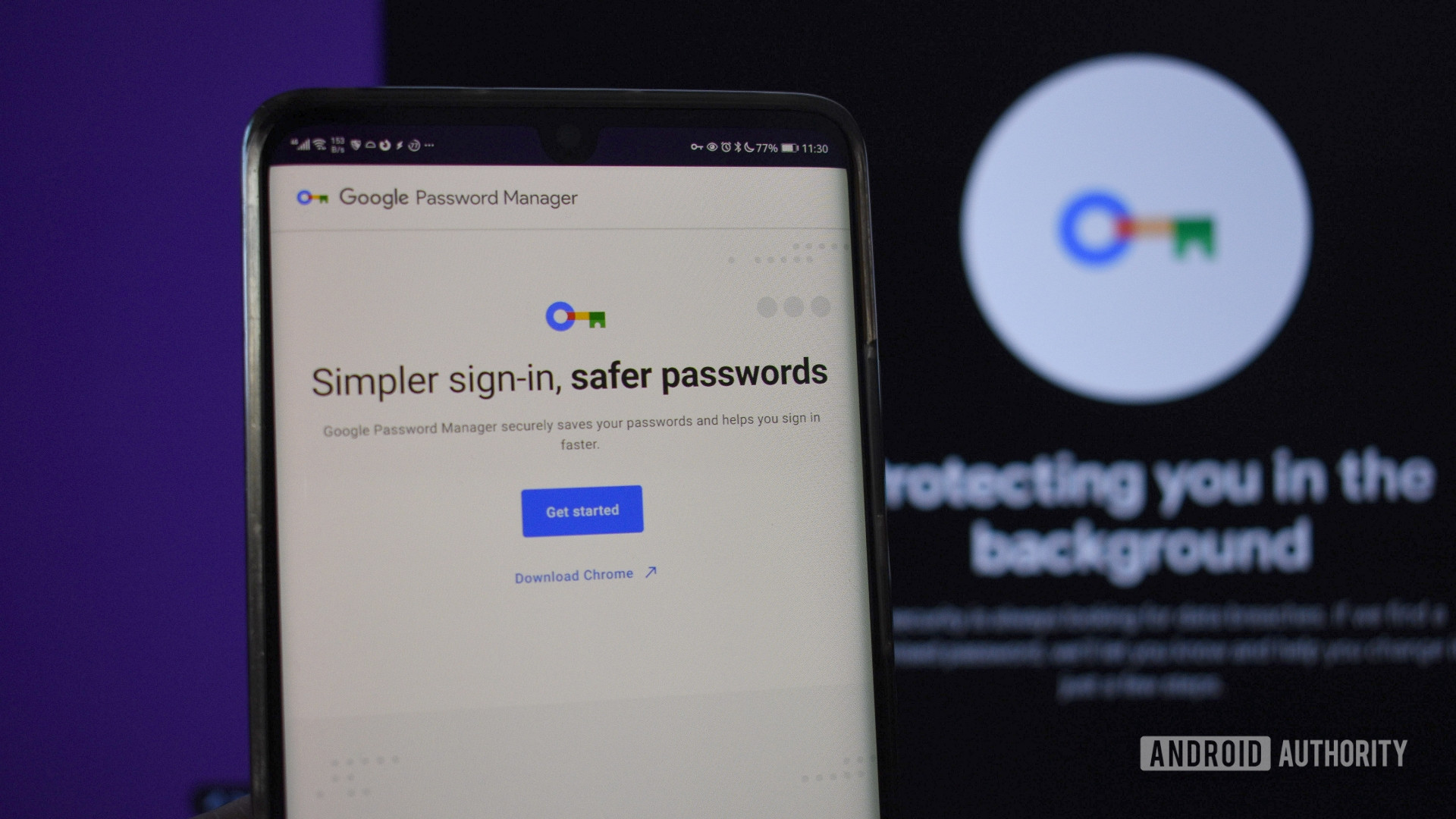If you have WhatsApp installed on your iPhone or Android device then you need to stay alert.The Meta-owned chat app remains one of the most used platforms on the planet and that means it's constantly in the sights of cyber crooks looking to cash in.In fact, according to the team at Action Fraud there has been a recent surge in reports of so-called WhatsApp takeovers.
This is where a hacker gains access to the account and begins sending messages to contacts in a bid to steal data and money.Things can get even worse for those attacked with crooks often locking those targeted out of their accounts completely.That means they can't access chats or warn others they've been hacked.Article continues below ADVERTISEMENT"Protect your WhatsApp account against hackers," Action Fraud said in a post on X (formerly Twitter )"We continue to see a rise in the number of reports relating to WhatsApp account takeovers."So how can you stay safe and keep your WhatsApp account out of the hands of thieves?GMB: Ranvir calls WhatsApp scandal extraordinary Firstly, it's a good idea to watch out for any usual messages or sudden requests.The latest attacks usually start with a request for the account’s activation code, which is then used to log in without permission.One instant way to avoid unauthorised access is to switch on two-step verification.
This technology means nobody can log in unless things are verified first on a secondary device such as another phone, tablet or laptop.Two-step verification makes it almost impossible for cyber crooks to access an account, and it will also alert you to the fact that someone is trying to log in.Next, it's absolutely vital to remember a simple rule.If you get suddenly receive a code sent to your phone, and are asked to share it - DON'T.This is a much-loved method used by thieves, and once that number is in the hands of hackers, they can easily attempt to access WhatsApp and start sending messages."Never share your account’s activation code (that 6 digit code you receive via SMS)," Action Fraud explained.The final piece of useful advice is STOP.THINK.
CALL.Action Fraud says that if a family member or friend makes an unusual request on WhatsApp, always ring the person to confirm their actual identity.Trending This is due to the continued concern around the so-called "Hi mum".For those not aware, hundreds of thousands of pounds have been lost to this fraudulent activity and it often preys on people's good nature.The attack usually starts with a message that says a family member is in trouble and needs money.
The crooks then apply pressure until cash is transferred.Any messages from numbers you don't know that start "hi mum" or "hi dad" must be treated with extreme caution.If you use WhatsApp, then beware and make sure your app is fully updated and secure.SUBSCRIBE Invalid emailWe use your sign-up to provide content in ways you've consented to and to improve our understanding of you.This may include adverts from us and 3rd parties based on our understanding.
You can unsubscribe at any time.Read our Privacy Policy









